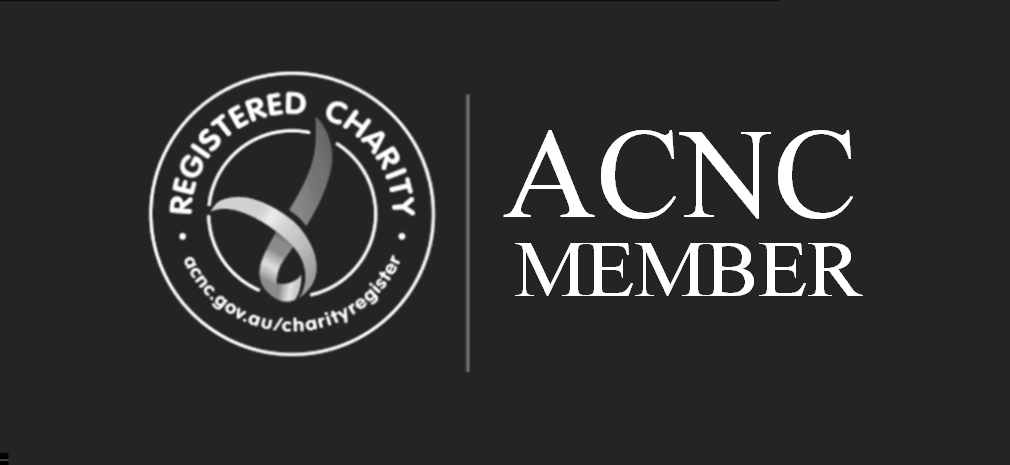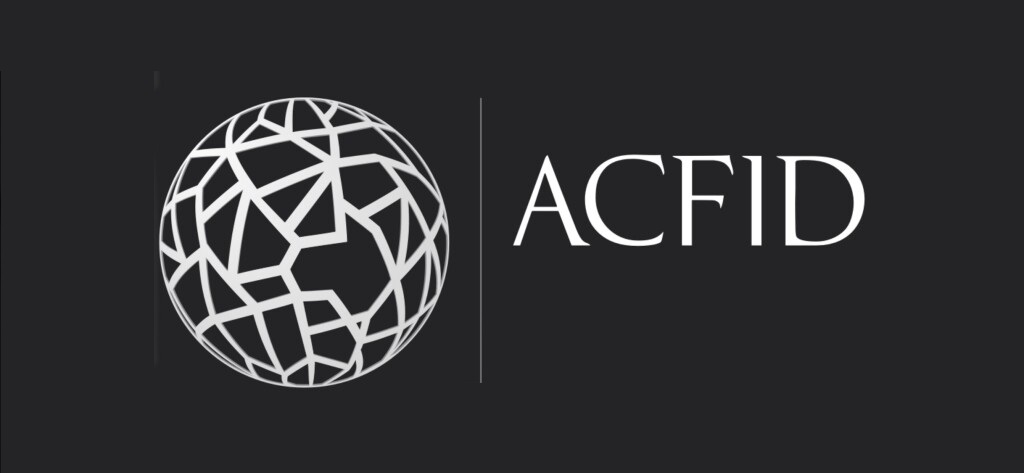Verifier
Policy, statement, guidance document or governing body decision outlining the conditions that must be satisfied in order to accept or reject a donation.
Guidance
The purpose of a policy, statement, guidance document or governing body decision is to assist your organisation to make clear and consistent decisions regarding the acceptance or refusal of donations. Developing a position on what donations your organisation will and will not accept ensures that your organisation is able to maintain its independence from donor influences. It protects the interests and reputation of your organisation and minimises the risk of any adverse publicity that may result from the acceptance of a particular type of donation.
The relevant document would normally state that the organisation may accept a donation for a specific activity conducted by the organisation provided that the activity is directly related to the organisation’s objects; and is practically achievable by the organisation. It would also list possible reasons for refusing a donation such as incompatibility between a donor’s activities or policies and those of the organisation. Further guidance in this area is provided by the Fundraising Institute of Australia, which has a Code of Acceptance and Refusal of Donations and can be found in the Resources section.



